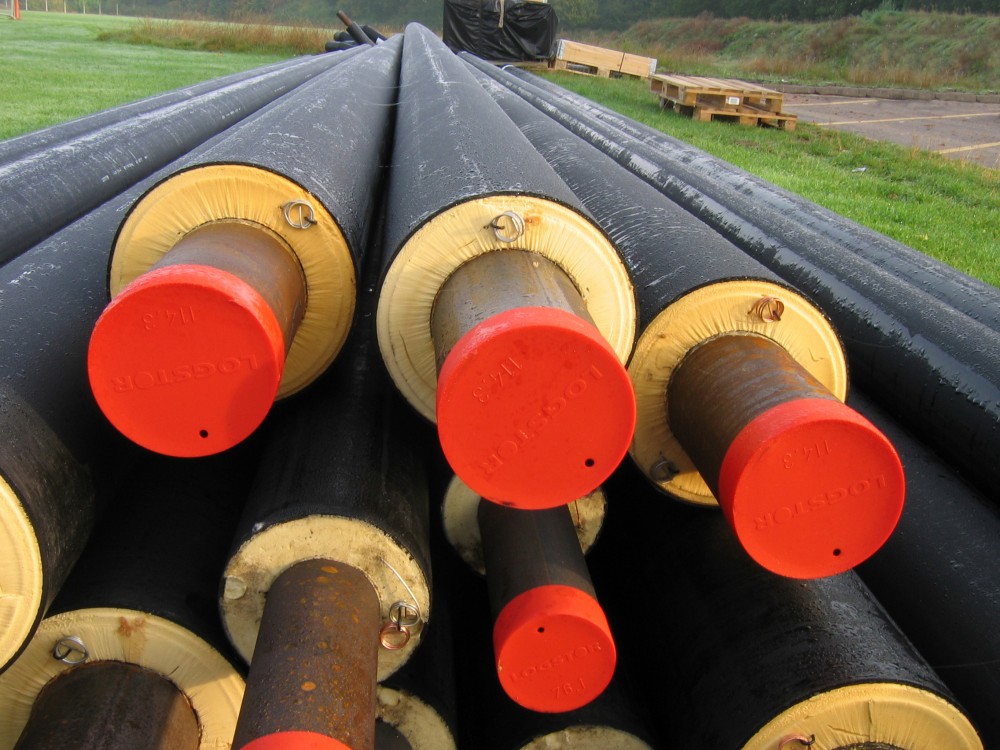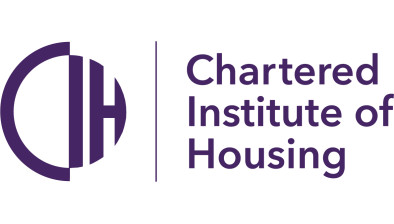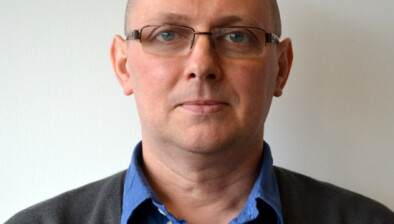Expert panel to advise on fairer heat transformation

Insulated underground pipes for district heating
An independent panel has been established to advise ministers on the steps needed to ensure the costs of making homes climate-friendly can be spread in a way that’s just and fair for everyone.
Made up of experts from economics, fuel poverty and strategic planning, it will meet for the first time on 30 June 2022 and then monthly before reporting to ministers on their conclusions by the end of the year.
The purpose of the panel is to:
- investigate the costs of the transition to climate-friendly heating in Scotland, like heat pumps and communal heating, bringing together existing evidence and research
- explore how these costs are likely to fall across society
- consider impacts across households, with a focus on people on low incomes or who might be particularly affected in other ways
The confirmed panel members are:
- Chris Birt, associate director for Scotland at Joseph Rowntree Foundation
- Uzma Khan, director of strategic planning and deputy chief operating officer at the University of Glasgow; trustee at the Poverty Alliance and David Hume Institute
- Ann Loughrey, former chair of the non-statutory Scottish Fuel Poverty Advisory Panel & Partnership Forum
- Jonathan Marshall, senior economist at the Resolution Foundation
Zero carbon buildings minister Patrick Harvie said: “Around a fifth of Scotland’s total greenhouse gas emissions comes from our homes and workplaces. We have legal targets agreed by all parties in Parliament to reduce these emissions over the next decade and eliminate them by 2045.
“The total investment required to decarbonise our homes and buildings is significant but is a necessary cost. We need to seek out expertise across the country in order to find fair, sustainable solutions to this issue. This expert panel is another example of our commitment to ensuring that we listen to a variety of opinions on how best to spread this cost equitably across the country.
“The transition needed in our homes over the next two decades is central to our climate ambitions. It is an opportunity to support new industries and jobs and to do so in a way which tackles inequalities. This panel is another step in our goal to creating a fairer, greener future for all.”
The panel will elect a chair at their first meeting.









